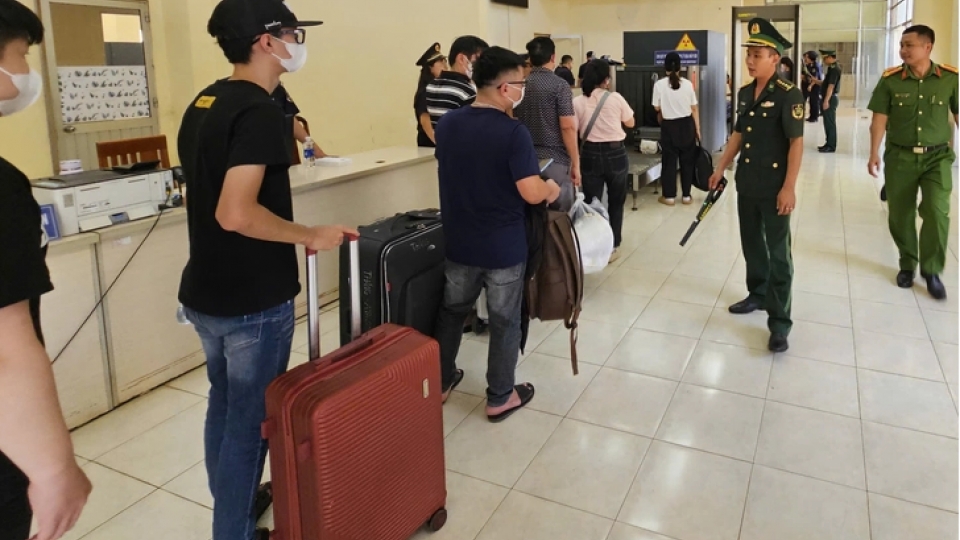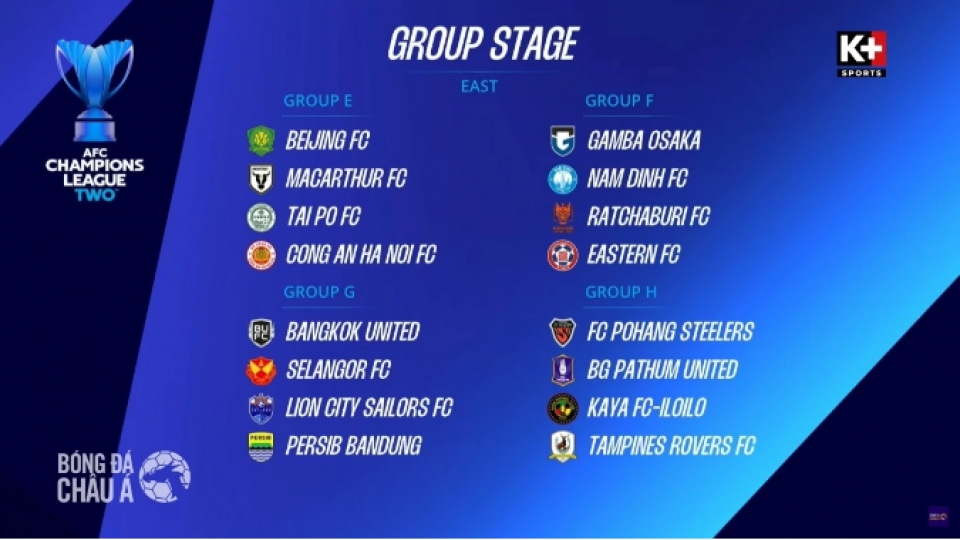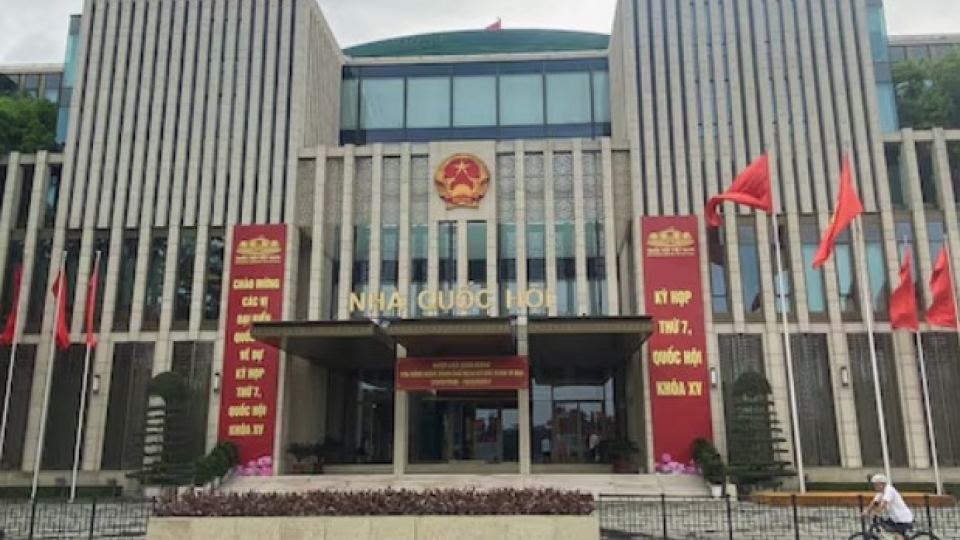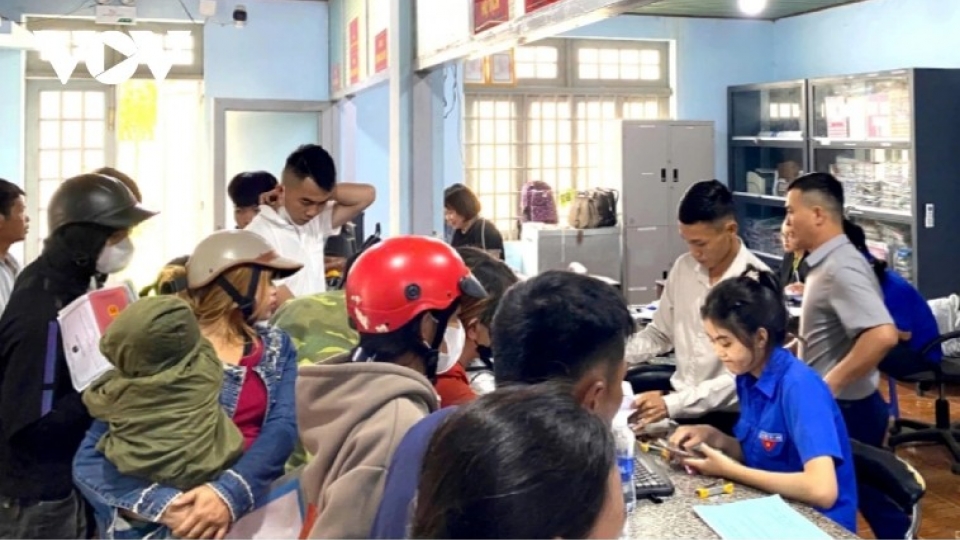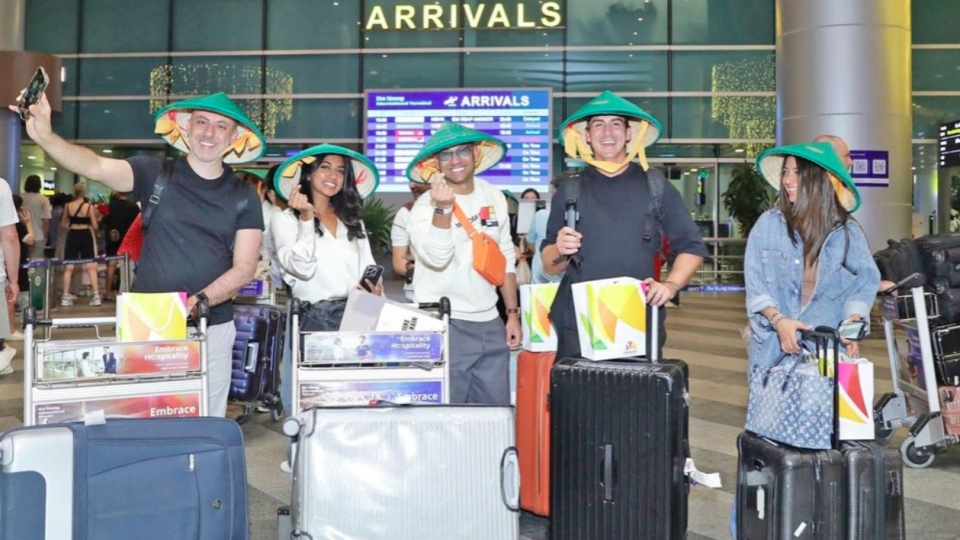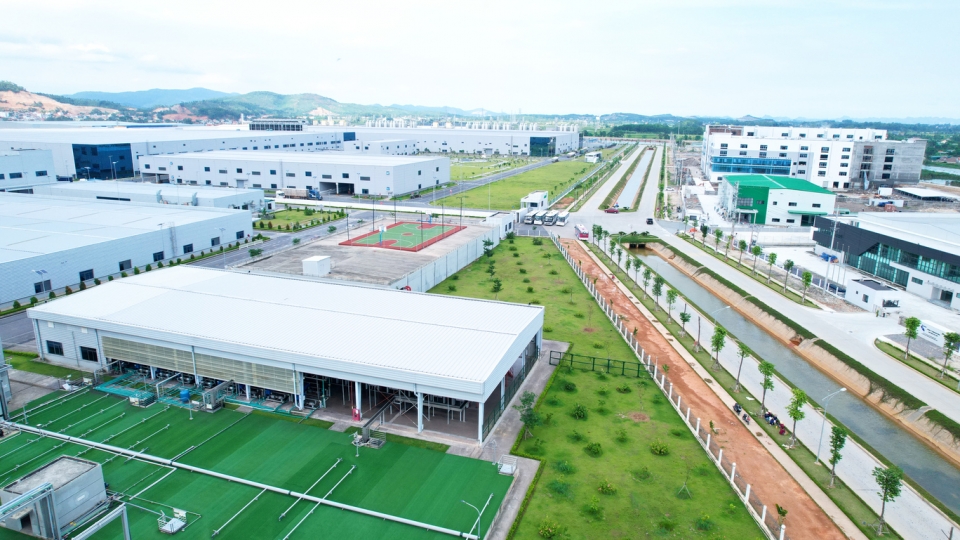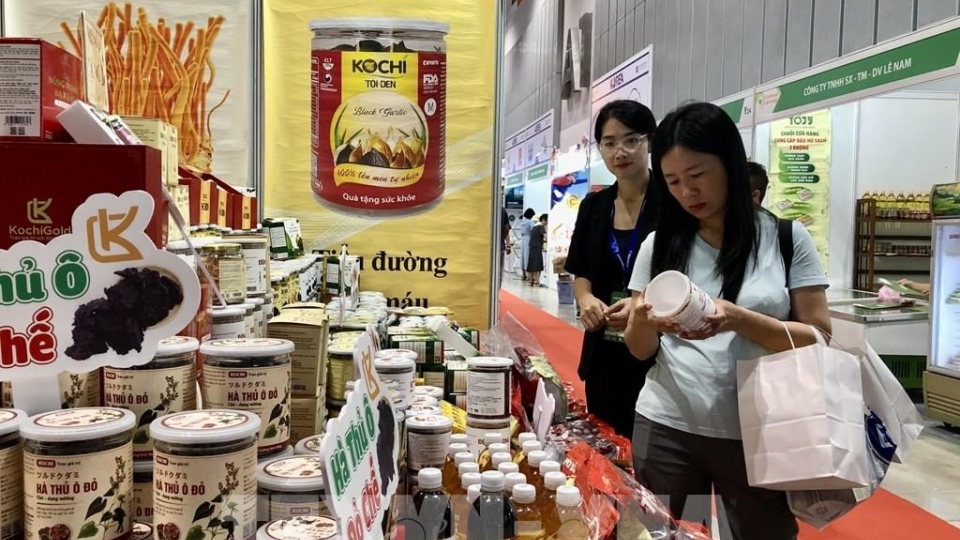Tag: ethnicity
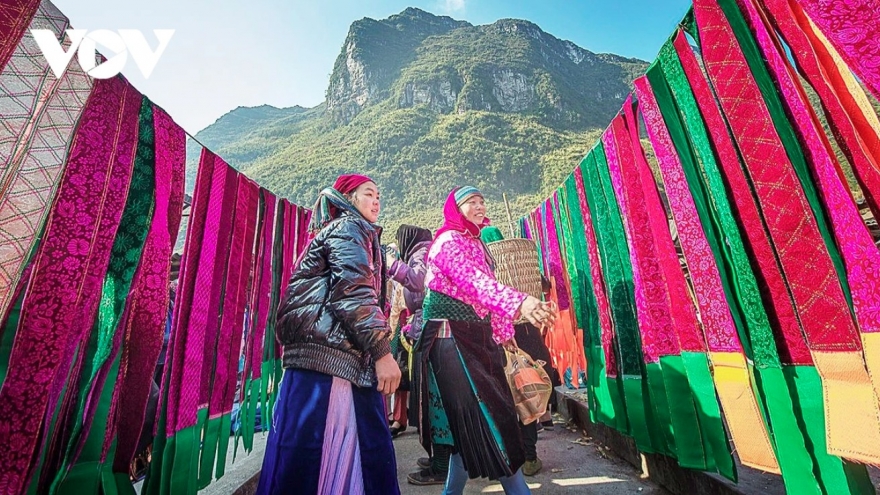
Ethnic market in Pho Cao offers a glimpse into highland culture
VOV.VN - Unlike other weekend markets on the UNESCO-recognized Dong Van Karst Plateau Global Geopark, the Pho Cao market in Pho Cao commune, Dong Van district, northeastern Ha Giang province, follows a unique rotating schedule, taking place once a week with the market day shifting one day earlier each week.
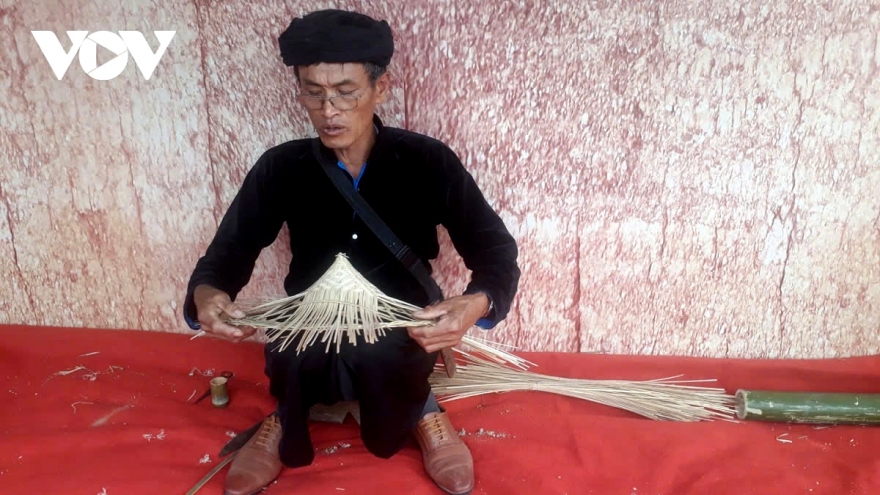
The woven hat - the soul of Ha Nhi ethnic people
VOV.VN - For a long time, the woven hat has become an indispensable item in the lives of the Ha Nhi people in the border district of Muong Nhe, Dien Bien province, northern Vietnam.
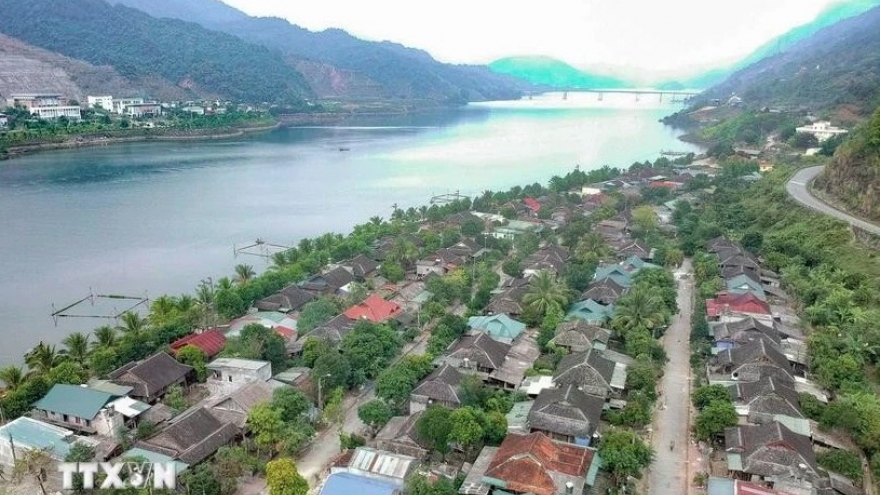
Vietnam's record set for White Thai stilt houses in Muong Lay
Muong Lay township in northwestern Dien Bien province has officially set a record as the locality with the highest density of traditional stilt houses built by the White Thai ethnic minority group.
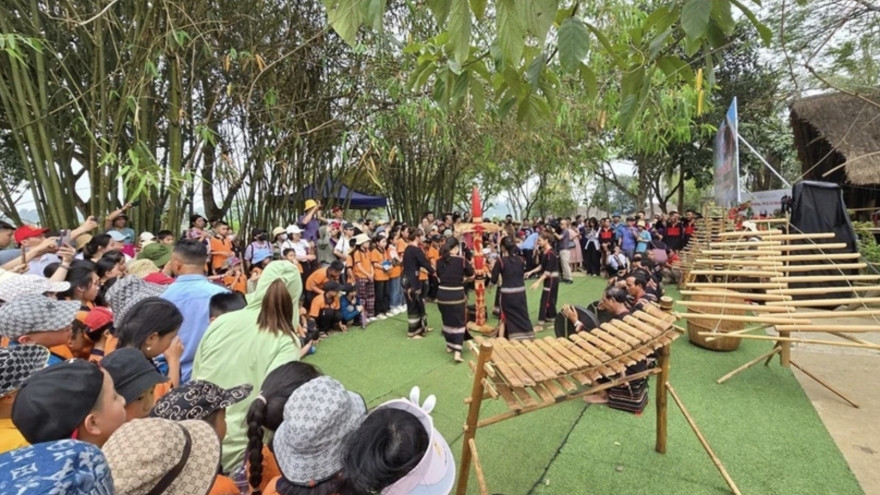
Cultural events highlight President Ho Chi Minh’s bond with ethnic communities
A series of cultural events will be held throughout May at the Vietnam National Village for Ethnic Culture and Tourism in Son Tay town, Hanoi, according to the Ministry of Culture, Sports and Tourism.
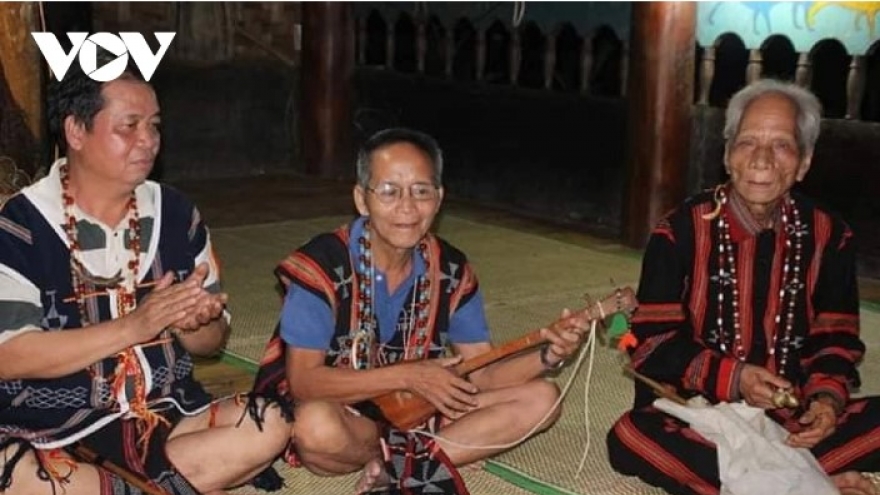
Ly speaking-singing art of the Co Tu
VOV.VN - “Speak ly-sing ly” is an improvised folk art which has been handed down orally by generations of the Co Tu ethnic group.
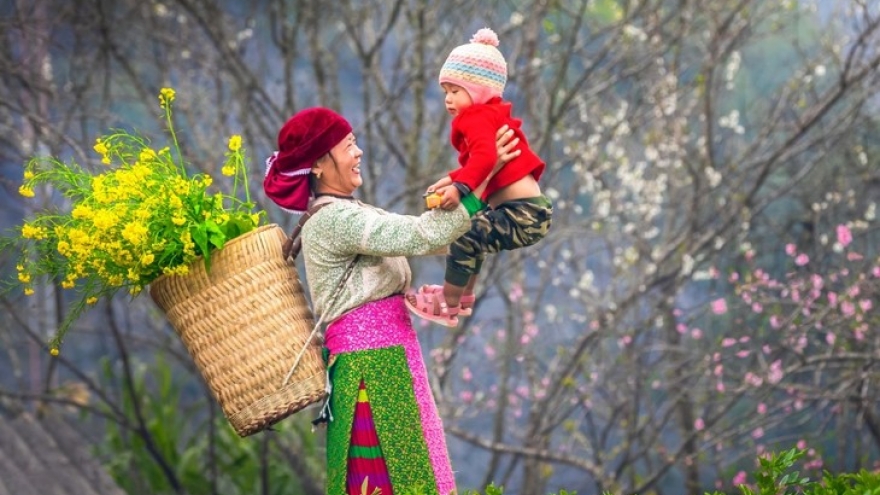
Naming ritual of the Mong ethnic minority
VOV.VN - Dong Van district, Ha Giang province, is home to 17 ethnic groups, with Mong people accounting for 80% of the population. The Mong have preserved customs and traditions passed down through many generations, and one tradition is their baby-naming ceremony.
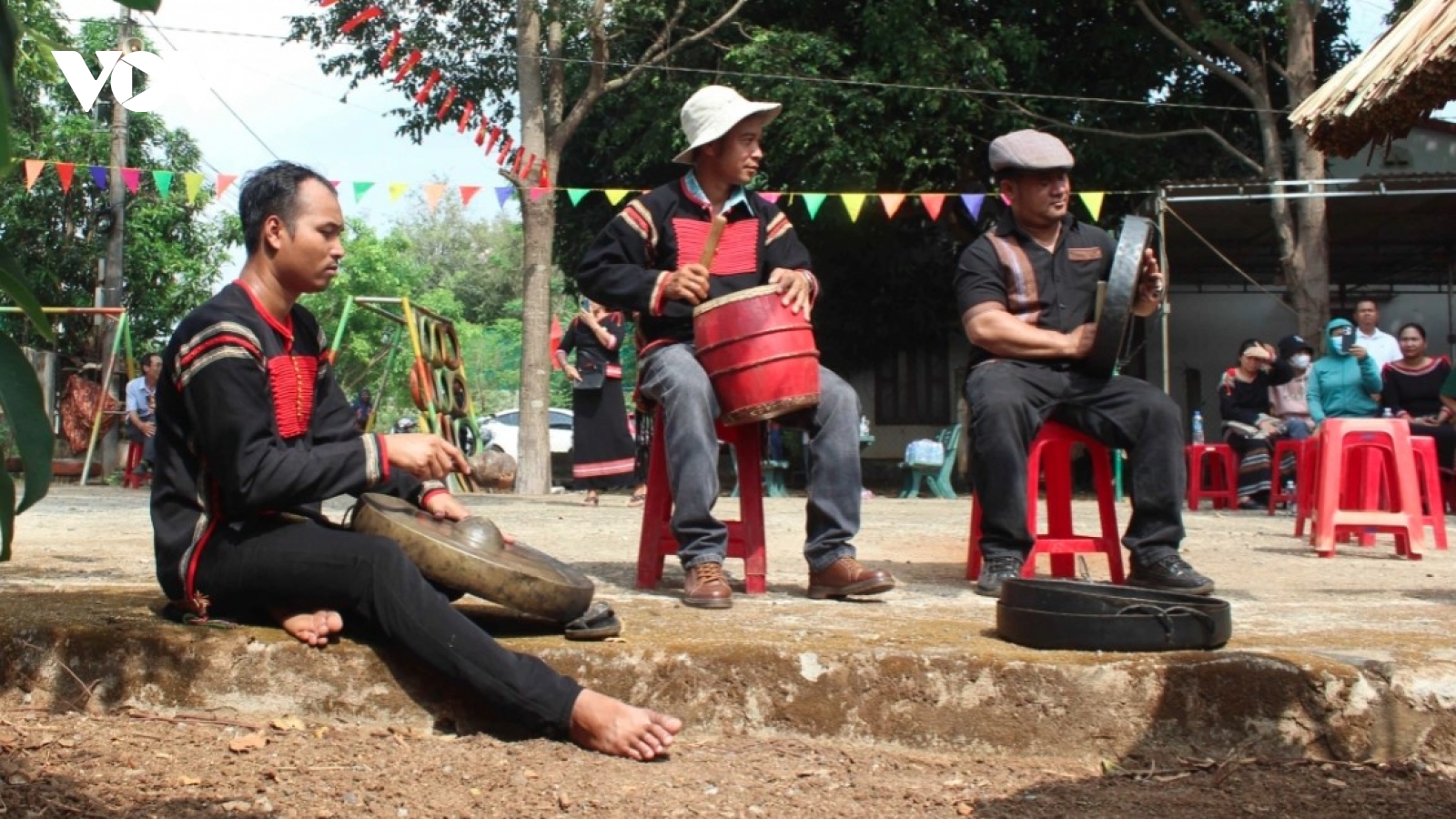
Unique rain praying ritual of Ede ethnic people in Dak Lak
VOV.VN - Traditionally, the Ede ethnic people of Dak Lak province in the Central Highlands, hold a ritual in April to pray for rain, favourable weather, bountiful crops, a prosperous life, and happiness.
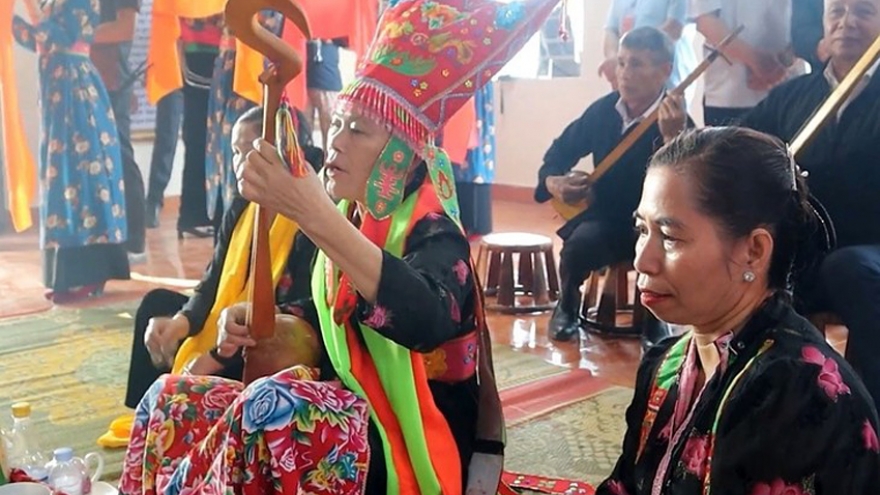
Then Kin Pang Festival celebrates Thai ethnic culture and community spirit
VOV.VN - Then Kin Pang, a traditional cultural festival of the white Thai in Lai Chau province, features local people’s aspirations for a bountiful harvest and a peaceful life, while promoting their unique cultural values and boosting tourism.
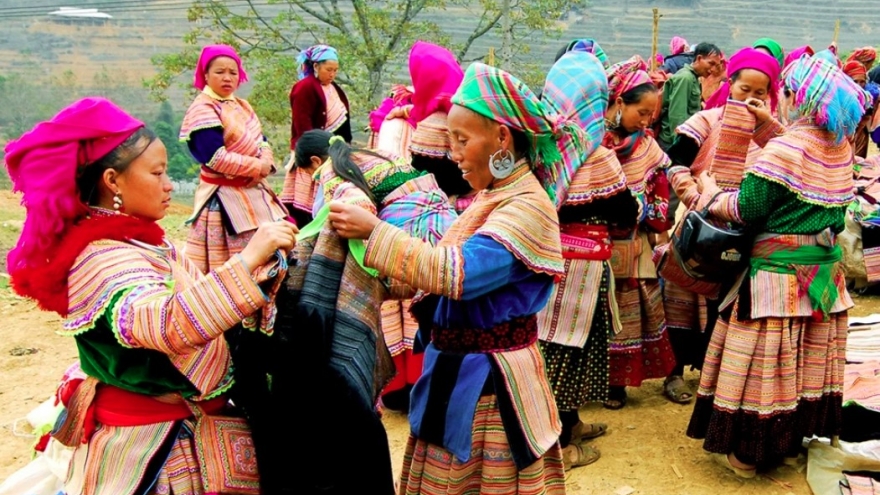
Rich cultural heritage of Vietnam’s ethnic groups brought to life
VOV.VN - The Vietnam National Village for Ethnic Culture and Tourism, will host a string ofevents under the theme “Cultural colors of Vietnam’s ethnic groups.” from April 1 to May 4.
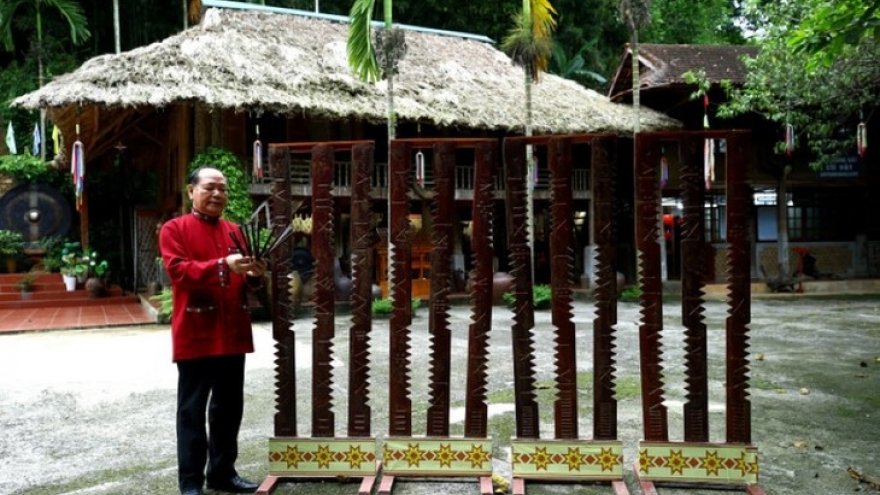
Bamboo calendar of the Muong
VOV.VN - The Muong ethnic minority people in Hoa Binh province rely on their traditional bamboo-strip “Doi” or “Roi” calendar to schedule daily activities, agricultural production, community ceremonies, and festivals.

